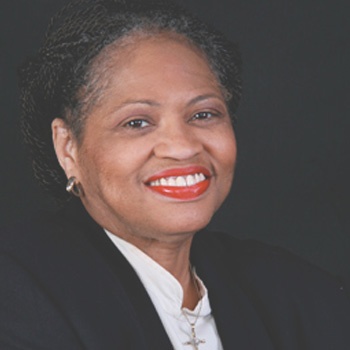
- MIT Sponsors:
- Scholar Link:Lynda M. Jordan on LinkedIn
Through our scientific and technological genius, we've made of this world a neighborhood. And now through our moral and ethical commitment, we must make of it a brotherhood.
Background
Lynda M. Jordan is an associate professor of chemistry at North Carolina Agricultural & Technical State University (NCATSU). She holds a BS in chemistry from NCATSU and an MS in chemistry (1980) from Atlanta University. In 1985, she earned a PhD in biological chemistry from MIT.
Interests
Jordan’s research interests include human enzymes (Human Placental Phospholipase A2 [PLA2], Lipocortin); science education, research and training, infrastructure development, and human resource development; theology and ethnography. Her pioneering work of isolating both the calcium-dependent and calcium-independent high molecular weight PLA2 isoforms was one of the first identifications of these novel human enzymes, which laid the groundwork for many advancements in biomedical research today.
At NCATSU, Jordan has mentored many students and junior faculty members who later became professors, scientists, educators, and physicians. She was instrumental in developing innovative, interdisciplinary programs in chemistry and implementing curricula at various levels of science education.